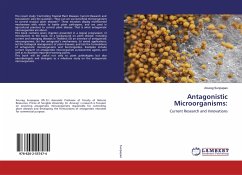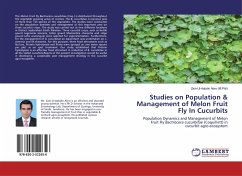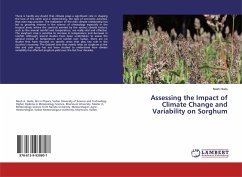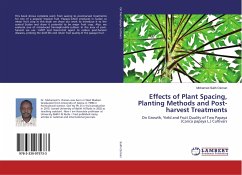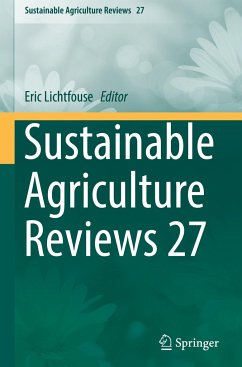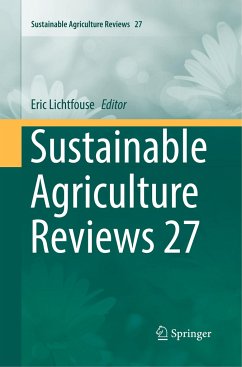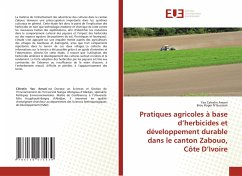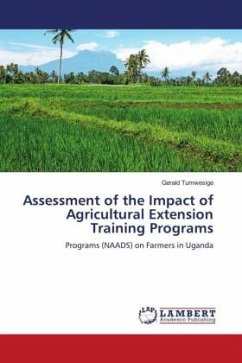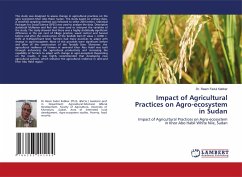
Impact of Agricultural Practices on Agro-ecosystem in Sudan
Impact of Agricultural Practices on Agro-ecosystem in Khor Abo Habil White Nile, Sudan
Versandkostenfrei!
Versandfertig in 6-10 Tagen
27,99 €
inkl. MwSt.

PAYBACK Punkte
14 °P sammeln!
This study was designed to assess change in agricultural practices on the agro ecosystem Khor Abo Habil, Sudan. The study based on primary data. A stratified sampling method was followed to select 200 farmers. Statistical Packages for Social Science (SPSS) was used to analyze the data. Descriptive statistics& McNemar and Roh test were used to interpret the variables of the study. The study showed that there was a highly statistically significant difference in the per cent of tillage practice, weed control and harvest before and after the construction of the Tandalti Dam (P. value = 0.000 < 0.0...
This study was designed to assess change in agricultural practices on the agro ecosystem Khor Abo Habil, Sudan. The study based on primary data. A stratified sampling method was followed to select 200 farmers. Statistical Packages for Social Science (SPSS) was used to analyze the data. Descriptive statistics& McNemar and Roh test were used to interpret the variables of the study. The study showed that there was a highly statistically significant difference in the per cent of tillage practice, weed control and harvest before and after the construction of the Tandalti Dam (P. value = 0.000 < 0.05) at 0.05significant level. Farmers had many practices to adapt with change in agro-ecosystem. Most of this practices were significant before and after of the construction of the Tandalti Dam. Moreover, the agricultural resilience of farmers in semi-arid Khor Abu Habil was built through enhancing the agricultural productivity and increasing the capability of farmers to adapt with change in agro-ecosystem Depending on the results, it was highly recommended that developing new agricultural policies, which enhance the agricultural resilience in semi-arid Khor Abu Habil region.



